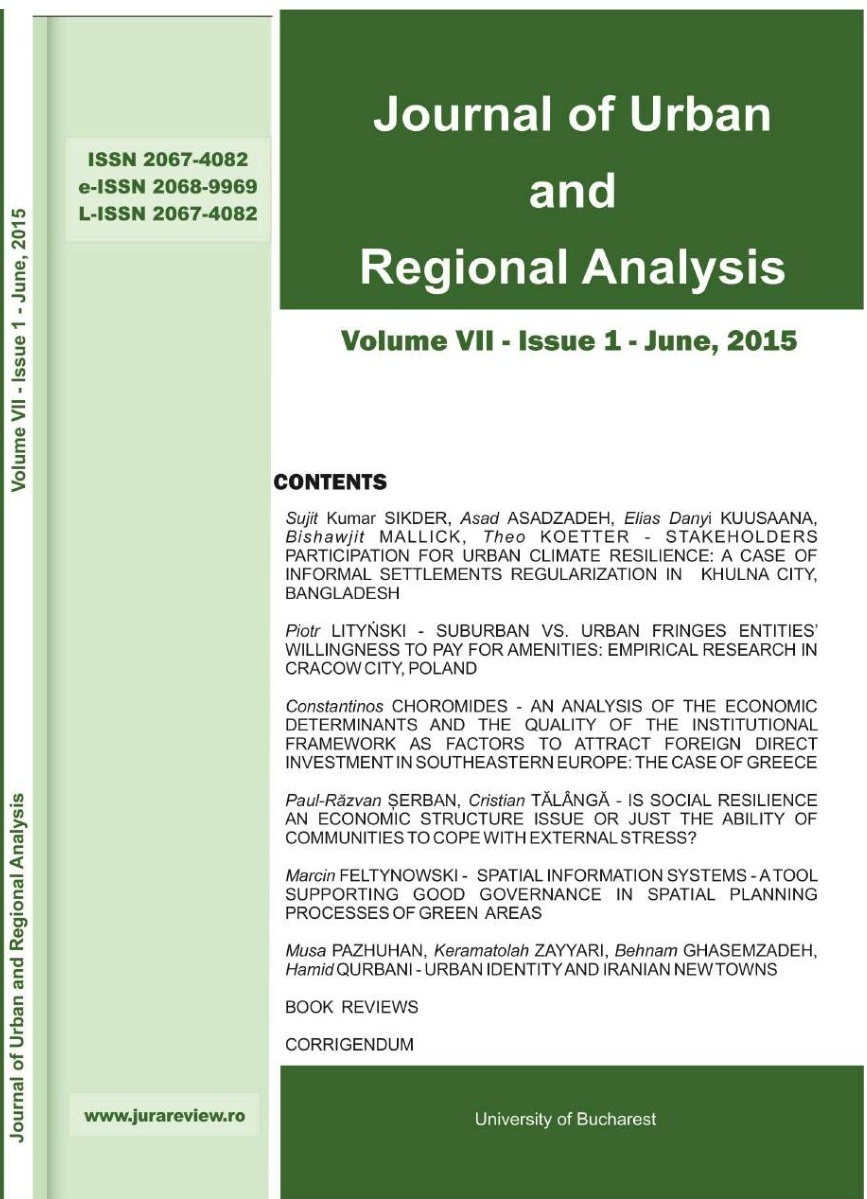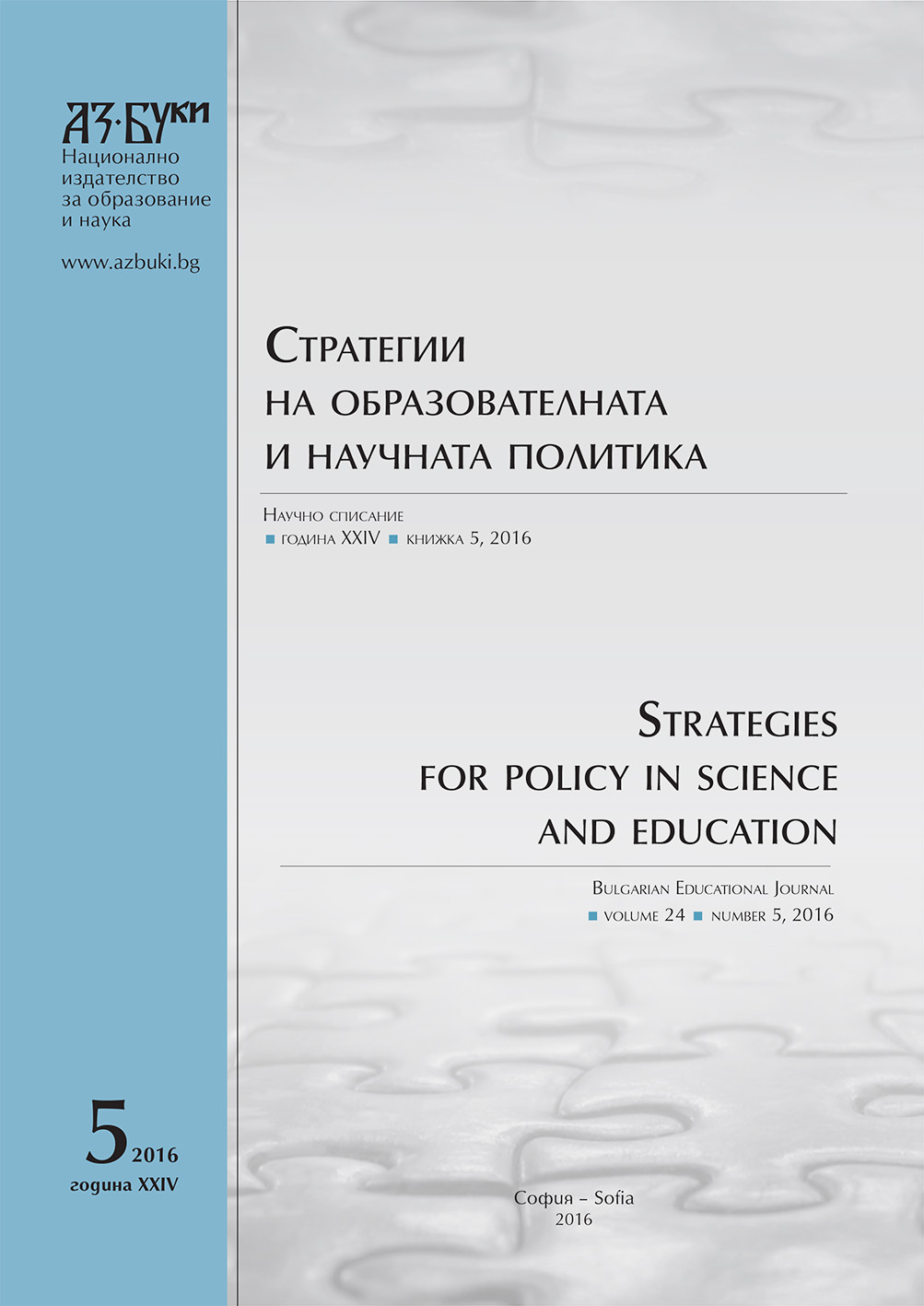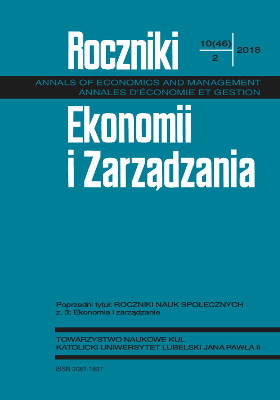
IS SOCIAL RESILIENCE AN ECONOMIC STRUCTURE ISSUE OR JUST THE ABILITY OF COMMUNITIES TO COPE WITH EXTERNAL STRESS?
The paper analyzes social resilience at county level in Romania, in the context of the recent global financial and economic crisis. Generally, social resilience is seen as the ability of communities to cope with external stress such as changes in the economic environment. This study emphasizes the vulnerabilities of economies where communities live in, namely the particularities of economic environment where human communities evolve and co-evolve by resilience emergence. Thus, the link between the social and the economic component requires a special attention, initially external shock being experienced by the economic structure, which, to respond to sudden changes, dissipates shock to the other components of the social-economic system, namely the social component. The close relationship between the economic and the social components causes economies deepening into crisis by triggering a circular causality process. The population’s decision to change residence interrupts this process, leading to social resilience.
More...











